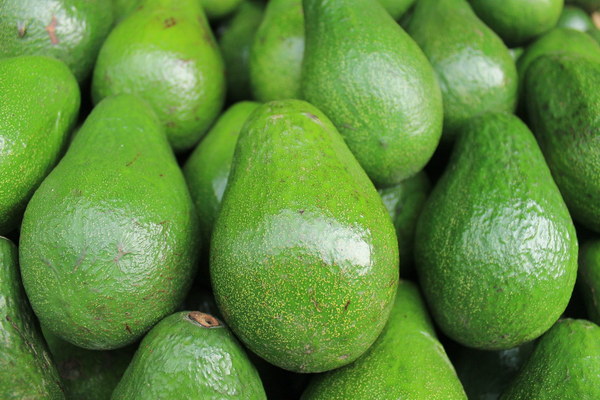Revolutionizing Wellness The Ambitious Goals of Chinese Herbal Cuisine Development
In recent years, the world has witnessed a remarkable surge in the popularity of Chinese herbal cuisine, a culinary art that combines the benefits of traditional Chinese medicine with the pleasure of delicious food. As this industry continues to evolve, it has set some ambitious goals that aim to revolutionize the wellness sector. This article delves into these goals and explores how Chinese herbal cuisine is poised to transform our approach to health and wellness.
1. Integrating Science and Tradition
The first goal of Chinese herbal cuisine development is to integrate modern scientific research with traditional knowledge. By doing so, the industry aims to provide consumers with evidence-based solutions to common health issues. This involves:
- Collaborating with researchers to study the efficacy of various herbs and spices used in traditional Chinese medicine.
- Developing standardized methods for harvesting, processing, and storing herbs to ensure their quality and effectiveness.
- Creating innovative recipes that combine the flavors of Chinese cuisine with the health benefits of herbs.
2. Promoting Preventive Healthcare
Another key objective is to promote preventive healthcare through the use of Chinese herbal cuisine. By incorporating herbs with medicinal properties into our daily diet, we can potentially reduce the incidence of chronic diseases and improve overall well-being. This involves:
- Educating the public about the benefits of Chinese herbal cuisine and how it can be incorporated into their daily meals.
- Developing herbal cuisine products that cater to different health needs, such as weight management, stress relief, and immune support.

- Collaborating with healthcare professionals to create customized herbal cuisine plans for individuals with specific health concerns.
3. Enhancing Nutritional Value
Chinese herbal cuisine aims to enhance the nutritional value of our meals by incorporating a wide array of herbs and spices. This not only adds flavor but also ensures that we receive a diverse range of vitamins, minerals, and antioxidants. Some of the goals in this area include:
- Identifying and incorporating underutilized herbs with high nutritional value.
- Researching the synergistic effects of combining different herbs to maximize their health benefits.
- Creating innovative cooking techniques that preserve the nutritional properties of herbs and spices.
4. Expanding Global Reach
As the demand for Chinese herbal cuisine grows, the industry has set a goal to expand its global reach. This involves:
- Establishing partnerships with international suppliers and distributors to ensure a steady supply of high-quality herbs.
- Marketing Chinese herbal cuisine to a global audience through online platforms and culinary events.
- Training chefs and culinary professionals in the art of Chinese herbal cuisine to promote its growth in various regions.
5. Sustaining the Environment
The industry is also committed to sustainable practices to ensure the long-term availability of herbs and spices. This includes:
- Implementing eco-friendly farming methods to protect the natural habitat of herbs.
- Promoting the use of organic and locally-sourced ingredients.
- Raising awareness about the importance of preserving biodiversity in traditional herbal medicine.
In conclusion, the development of Chinese herbal cuisine is driven by ambitious goals that aim to revolutionize the wellness sector. By integrating science and tradition, promoting preventive healthcare, enhancing nutritional value, expanding globally, and sustaining the environment, Chinese herbal cuisine has the potential to transform our approach to health and wellness. As this industry continues to grow, it is essential for stakeholders to work together to achieve these goals and unlock the full potential of this remarkable culinary art.









